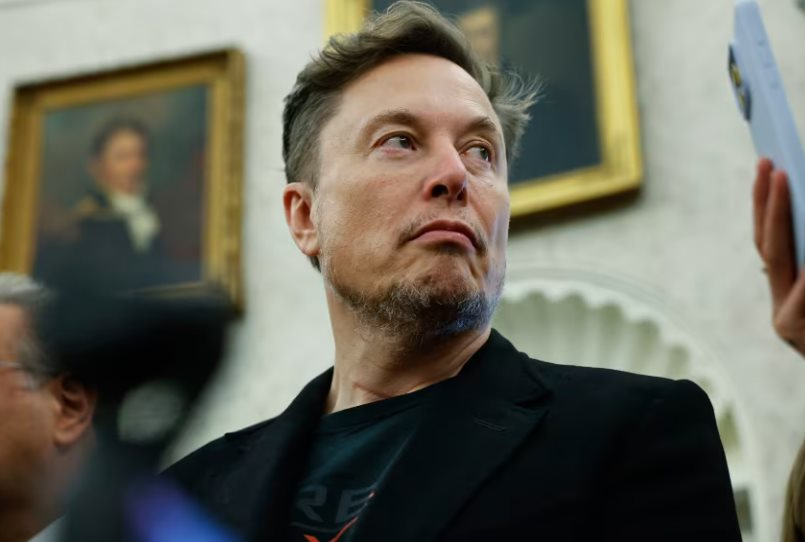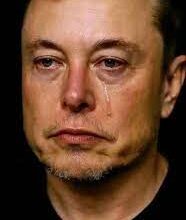RM The Vote That Could Make Elon Musk the First Trillionaire — or Drive Him Away from Tesla

Tesla shareholders are preparing for a critical vote that could either turn CEO Elon Musk — already the richest person alive — into the world’s first trillionaire, or push him to walk away from the company entirely.
At Tesla’s upcoming annual meeting on Thursday afternoon, investors will decide whether to approve Musk’s latest compensation plan. While shareholders have overwhelmingly backed his previous pay deals, this year’s vote carries greater uncertainty. In a September filing, Tesla warned that Musk had “raised the possibility that he may pursue other interests” if the plan is rejected.
The proposed package consists of stock options that could grant Musk up to 423.7 million additional Tesla shares over the next decade. If Tesla hits the required performance goals, those shares could be worth about $1 trillion — assuming the company’s market capitalization reaches $8.5 trillion.
To achieve that valuation, Tesla’s stock would need to surge roughly 466% from current levels, placing it around 70% higher than Nvidia’s record $5 trillion market cap, the current global leader.
Despite this ambitious goal, Tesla faces significant challenges. The company has struggled financially this year, with sales and profits sharply down in the first half of 2025. It’s also contending with headwinds from reduced U.S. government incentives for electric vehicles.
Nevertheless, Musk and Tesla executives remain confident. They argue that Tesla’s future lies not just in selling electric cars, but in developing self-driving vehicles, robotaxis, and humanoid robots — products that could redefine the company’s identity. These projects, however, are still in development and have yet to reach consumers.
Even if shareholders approve the plan, Musk will only receive the payout if Tesla meets its operational and financial targets, which means turning those ambitious promises into real results.
Still, many investors believe Musk is essential to Tesla’s long-term success.
“Shareholders are going to support this overwhelmingly because Musk is Tesla’s most valuable asset,” said Dan Ives, analyst at Wedbush Securities and one of Wall Street’s most optimistic Tesla supporters. “Tesla needs Musk to lead it into an autonomous and robotic future.”
Critics, however, question both the scale and the fairness of the proposal.
Ross Gerber, CEO of Gerber Kawasaki Wealth & Investment Management — a former Tesla supporter turned critic — expects the plan to pass easily but calls some of its targets “softball.”
“If he earns a trillion dollars over ten years, that’s about $275 million a day,” Gerber said. “I just don’t see how anyone can call that fair to shareholders.”
A number of major institutional investors have already voiced opposition. Norges Bank Investment Management, Norway’s sovereign wealth fund, along with several U.S. public pension funds in California and New York, have announced they will vote against the proposal.
Influential advisory firms Glass Lewis and ISS have also recommended that investors reject it, warning that the massive options grant could dilute existing shareholders’ stakes.
In a report, Glass Lewis criticized the plan’s performance targets as “vague, undemanding, and subject to significant discretion by the board.”
Musk has fired back, calling these advisory firms “corporate terrorists” during a recent investor call. He argued that their sway over institutional investors is precisely why he needs greater control of Tesla’s voting power.
“It’s not like I’m going to go spend the money,” Musk said. “There just needs to be enough voting control to keep strong influence — but not so much that I couldn’t be fired if I went insane.”

